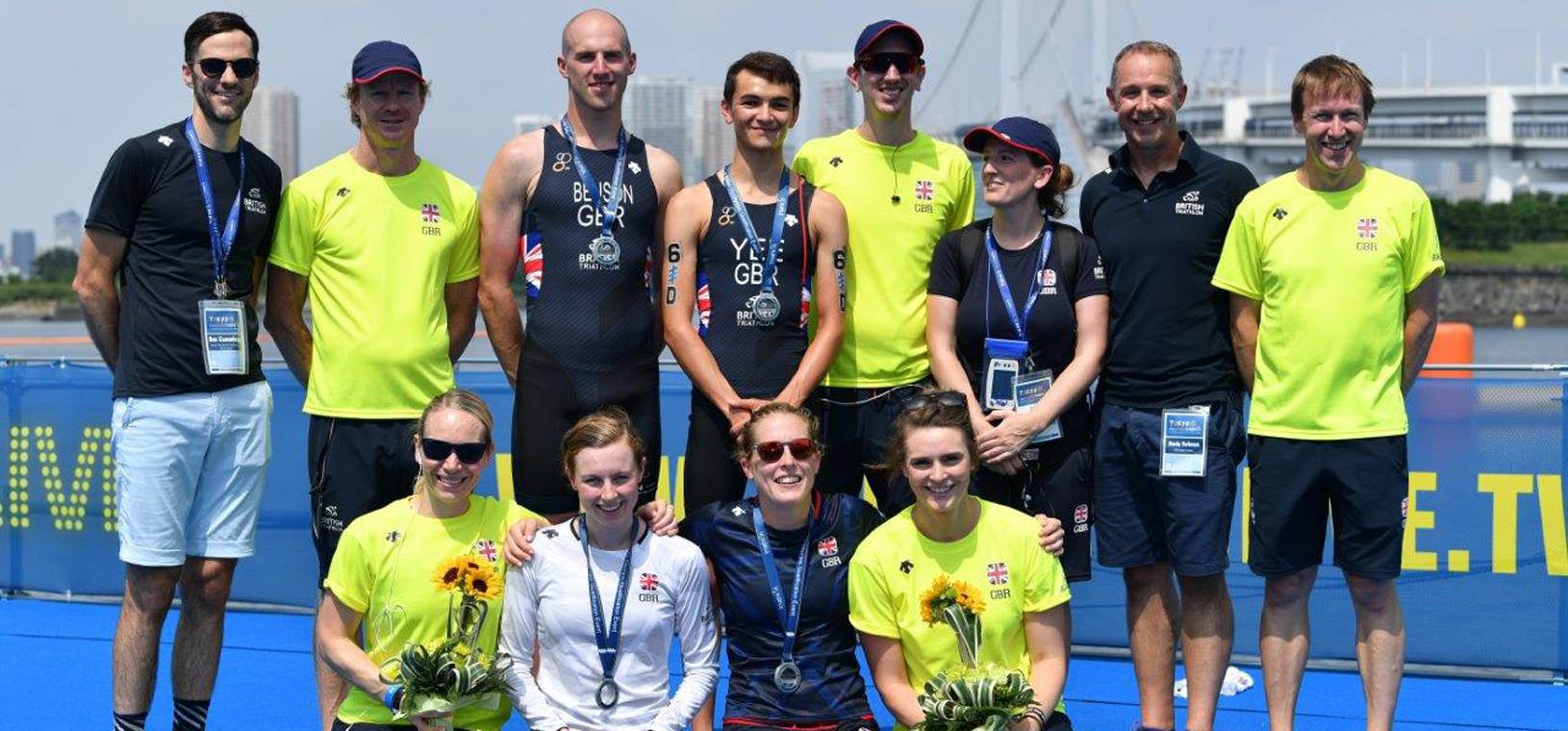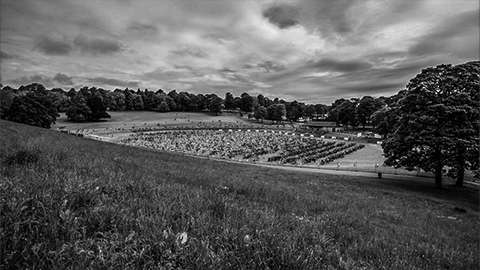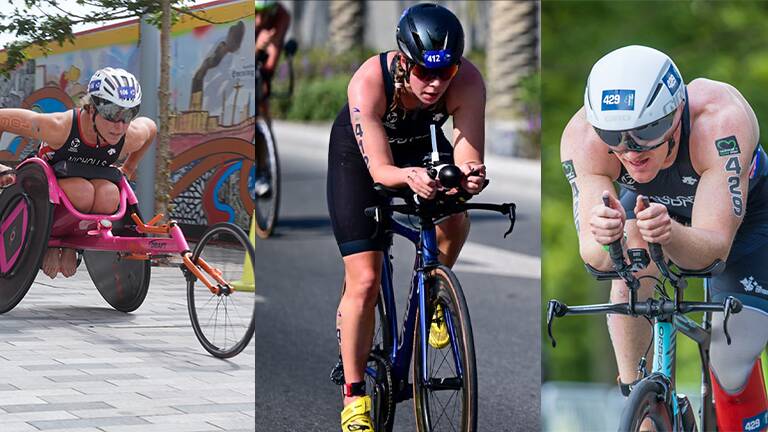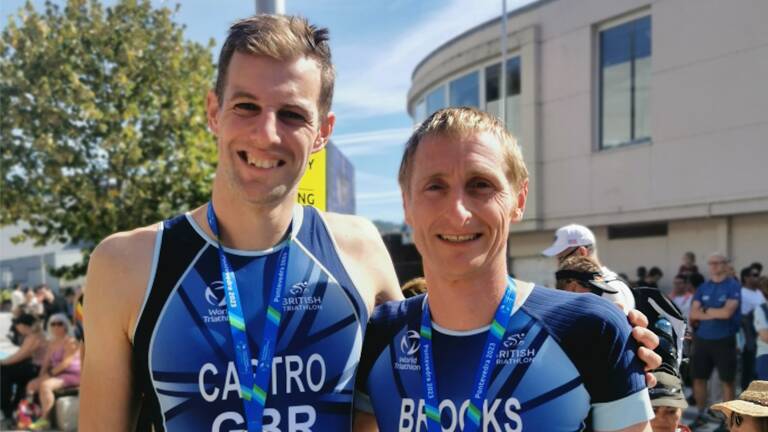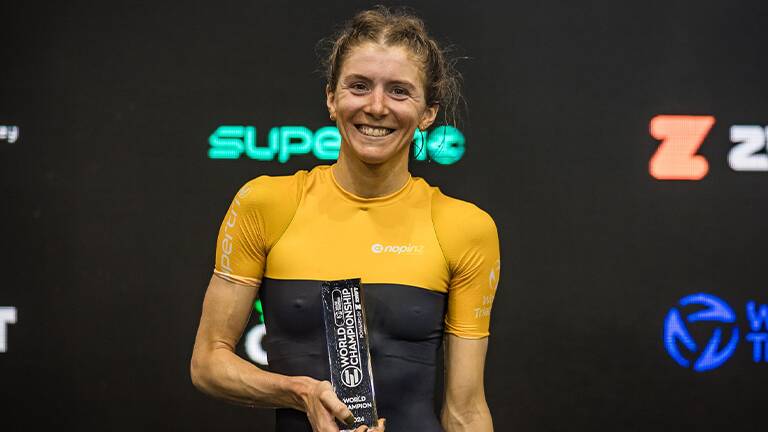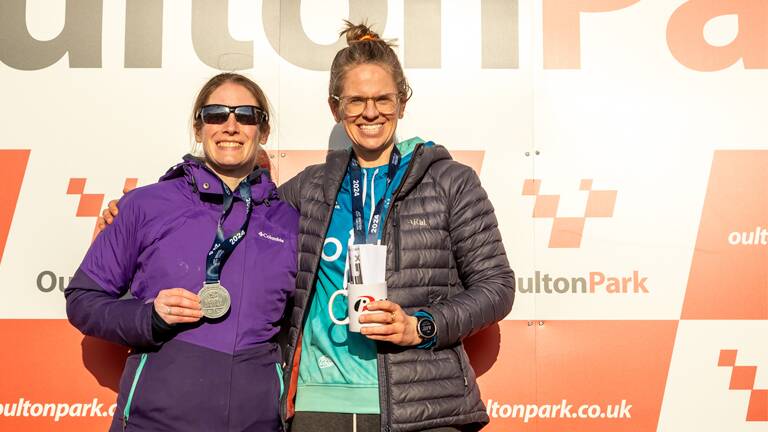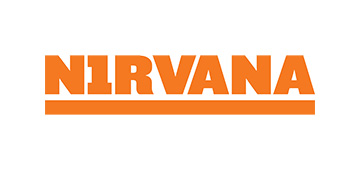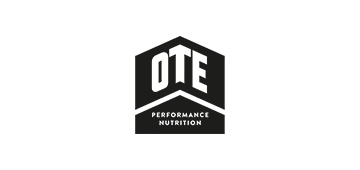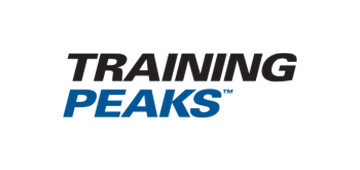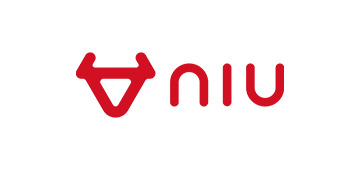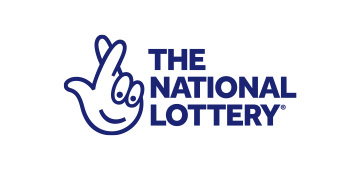Mike Cavendish has worked at Olympic and Paralympic Games since Beijing 2008, but Tokyo 2020 marked his first with Triathlon as the sport’s Performance Director.
Since starting his role with British Triathlon in 2018 his focus has been on overseeing the preparation for the Olympic and Paralympic Games and leading the team on the ground in Japan.
With the dust having settled after the end of the Paralympics, he shared his reflections on the summer in Tokyo.
“Both the Olympic and Paralympics were hugely successful,” reflected Cavendish. “Not just because of the performances we delivered across both Games, but equally the image of our sport and the image of our team that our performances were able to portray.”
Across both Games, British athletes came home with six medals. Bronze for Claire Cashmore, silver for Alex Yee, Georgia Taylor-Brown and George Peasgood, and golds for the Olympic mixed relay team and Lauren Steadman.
Just like for the test event in 2019, British triathletes and paratriathletes trained in Miyazaki in southern Japan during their preparation camp before moving to a hotel near the race venue in Tokyo, opting to stay outside of the Athletes’ Village.
“We showed in the test event in 2019 that preparation is key,” Cavendish commented. “Whenever you go anywhere that far away with a climate that’s so different to our own, getting the preparation bang on is vital.
“It was a massive competitive advantage for us to stay out of the village. It’s a very different experience living in the village, so taking that out of the equation, and particularly with Covid and being able to control our environment which we wouldn’t have been able to do in the village, for us, that was a massive advantage.”
One of the standout moments from the summer was the mixed relay gold at the Olympic Games, where Yee and Taylor-Brown competed alongside Jess Learmonth and Jonny Brownlee.
“From a GB perspective in the Tokyo cycle, that was the first time that we’ve been able to put out a full-strength team and run the race exactly as we wanted to,” said Cavendish.
“It was an absolutely perfect performance, and you can identify all the work across the wider team – and obviously from the athletes themselves - that’s gone in to make that performance happen.
“As for the wider sport, I think it’s just a fantastic advert. We didn’t have it all our own way, particularly when [Vincent] Luis caught Alex on the final leg, and we didn’t know which way it was going to go. It ebbed and flowed to provide absolute maximum excitement.
“As a spectacle, it was just a fantastic event and again, I’ve had so so many people tell me how they didn’t know much about triathlon and after the mixed relay they’re now hooked.”
Whilst a lot of Cavendish’s role is in getting the athletes to the start line, his and the support team’s work doesn’t stop when the horn goes.
“We all have different roles on the day,” he added. “We have a pretty lean staff team, and every single person will have a role on race day.
“I am almost always one of the people in and around transition. Filming transition, filming mount lines and dismount lines, taking splits through transition to feed into the next person out on course and, critically, I’m there to deal with any protests or appeals.
“That’s my role specifically, then we have people out on course taking splits, helping to advise athletes on course and people in and out of the athlete lounge preparing athletes and getting them cooled down and recovered afterwards.
“When Georgia’s puncture occurred at the end of the bike, I can’t say I was a particularly happy person but then thankfully my emotions turned around pretty quickly when she delivered that ride into transition on a flat tyre, and then a fantastic run.”
Paratriathlon returned to the Paralympics having made its debut in Rio five years ago. Eight athletes and three PTVI guides represented ParalympicsGB in Tokyo, coming home with a medal in each colour.
“There weren’t as many medals [compared to Rio] and it didn’t go quite as perfectly for us in the Paralympics as it did in the Olympics but that’s elite sport,” Cavendish explained.
“There’s no way we could have expected to come out of both the Olympics and Paralympics having had five absolutely perfect days and, unfortunately, there was one day where we had some really bad luck that was pretty much outside of control.”
“But equally, whilst we didn’t finish day one with the medals we hoped for, there was still some brilliant performances that, in hindsight, set us up well for the future”.
Of the paratriathletes that won medals, Steadman and Peasgood went one better than in Rio and Cashmore made her debut in the sport and finished on the podium.
“On the second day of the Paralympic races, we came home with medals for each athlete, and it was great to see Lauren achieve what we all knew she could. She had an excellent race and even though she still had small issues, like dropping her bike during transition, she still maintained her composure to display her dominance in the sport.
“George was strong from start to finish and for him to come back from injury in Yokohama and to perform in that way was fantastic to see. Then for Claire to make her debut, deal with the curve ball of a slightly confusing penalty mid-race and still perform in the way that she did shows her class and continued potential to go even further in Paris.”
Speaking about the team’s camaraderie, Cavendish said: “Honestly, I’ve never been so impressed with a group of people and in particular all those from day one for whom the results didn’t go the way they wanted them to. For them to come out on day two and support their teammates in the way that they did, I was genuinely overwhelmed with pride.”

